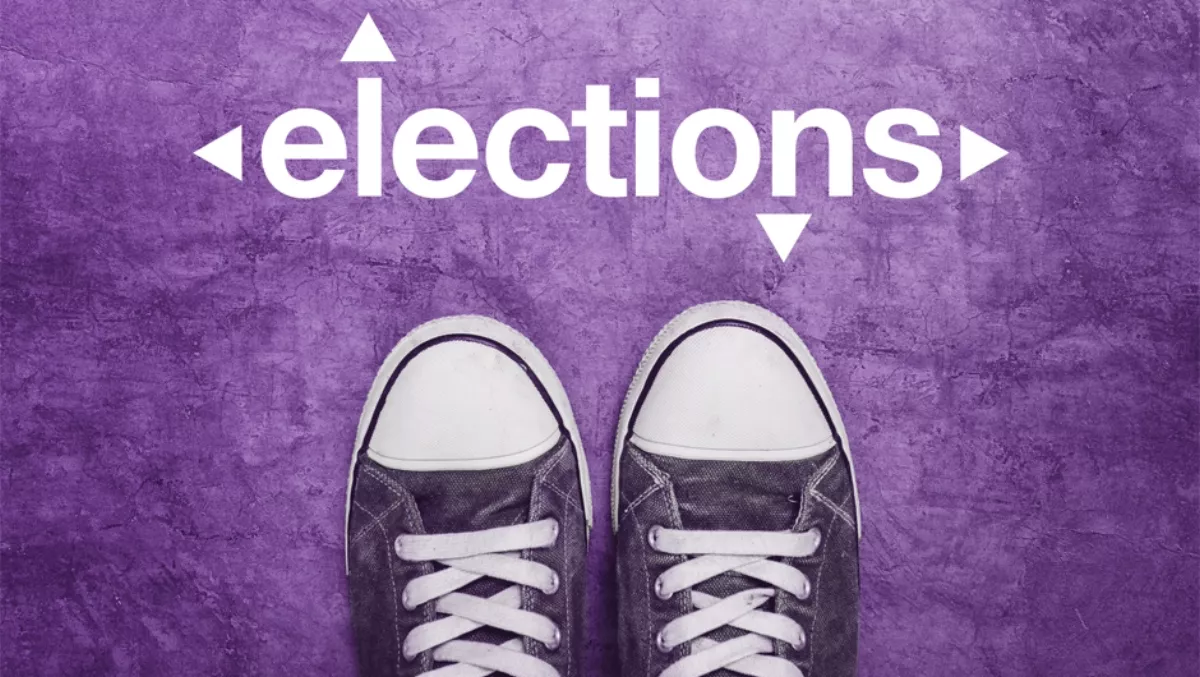
Web petition wants students to become informed voters
Rock'n'roll is not usually a term synonymous with politics, but an organisation dedicated to giving young people a voice wants to change that.
RockEnrol, are back with new plans to make sure students are heard and make Government take notice.
The team recently launched a web-petition asking signees to help get a plan to engage more youth voters in front of Parliament.
The "We Will Be Heard" campaign suggests a two-pronged approach to upping the low youth engagement in New Zealand politics. It proposes lowering the voting age to 16 and backing this move up with civics education in schools.
After seeing success with the younger voting age in Scotland's where 75% of 16 and 17-year-olds turned out to vote in their referendum to leave the UK.
They suggest a lowered age could challenge political parties to not just aim their election campaigns and promise at the 'guaranteed voters'.
More than 90% of people over 65 voted in New Zealand's last election, whereas only half of those under 25 did.
RockEnrol acknowledges that including an even younger demographic will require a means to keep them informed and able to make political decisions.
Rather than just dumping responsibility and hoping for the best, they hope to encourage parliament to introduce political education in secondary school to prepare young people for the right to vote.
There were 800,000 registered voters under 25 who did not participate in the last election, a staggering number that is often blamed on disaffected or apathetic youth. RockEnrol see it as proof young people cannot see themselves reflected in political process. Something they want to change.
RockEnrol want to see schools given resources to teach students about the importance of engaging in democratic process and are reaching out to anyone wanting to see a better representation of youth in policy and governance.
If this is something educators are on board with, it could be an opportunity to open up discussions in class around voting and get involved.

